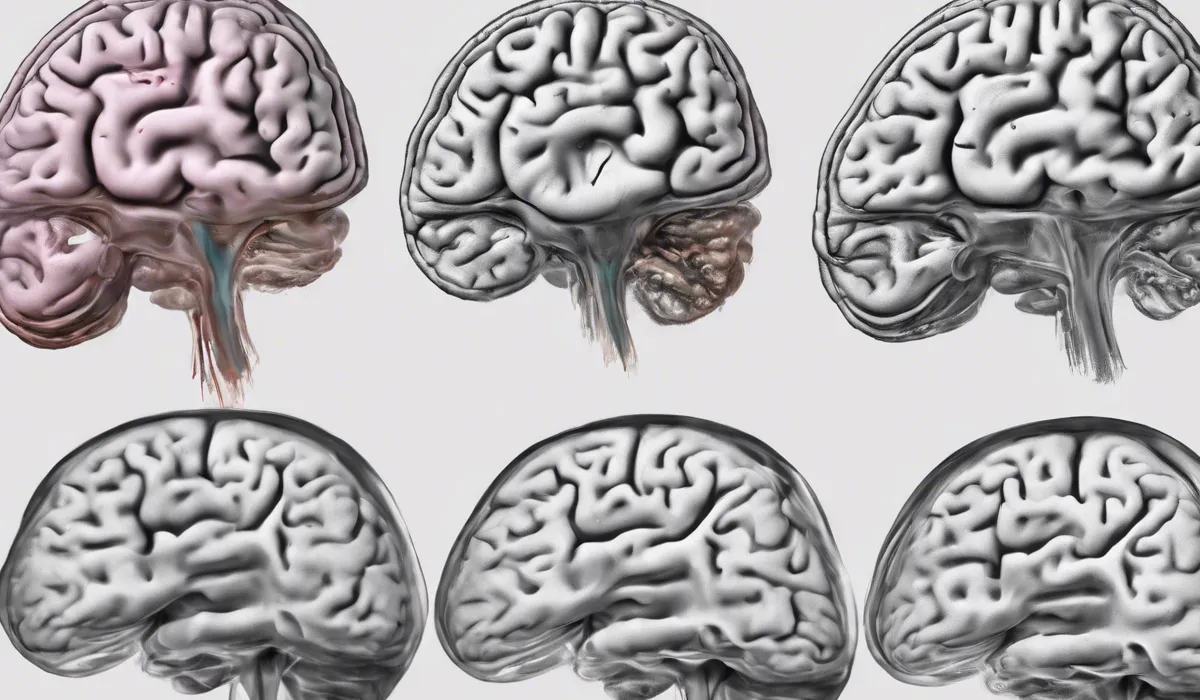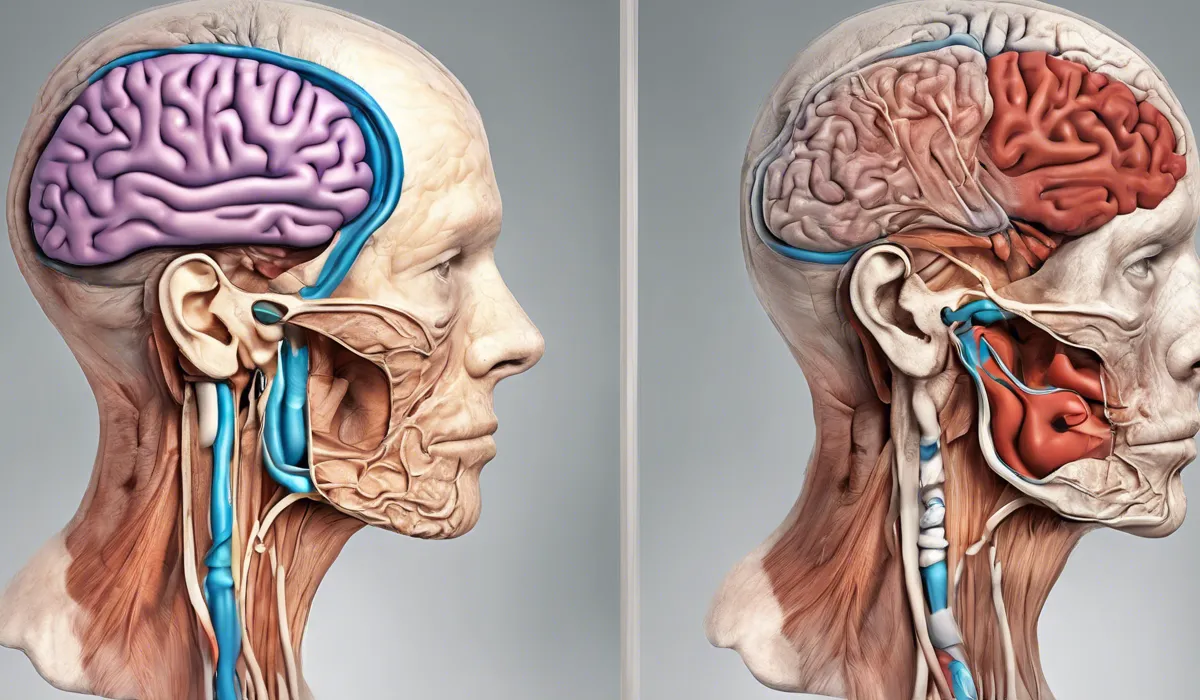Yes, mold exposure can affect your brain. It can lead to neurological issues such as headaches, memory loss, and dizziness. Prolonged exposure might result in more severe conditions like brain fog and cognitive impairments. Professional assessment and remediation are essential if mold is present.
Impact of Mold Exposure on Brain Health

Common Mold Varieties in Our Surroundings
Mold is a type of fungus that can grow both indoors and outdoors. In homes and workplaces, some common types of mold include Cladosporium, Penicillium, Aspergillus, and Stachybotrys, often referred to as black mold.
These molds can thrive in damp, warm, and humid conditions, often found in basements, bathrooms, and anywhere with moisture problems.
Understanding Mycotoxins
Mycotoxins are toxic substances produced by certain types of mold. These compounds can be harmful to humans and animals when they are inhaled, ingested, or come into contact with the skin.
Some mycotoxins, like aflatoxin and ochratoxin, are well known for their potential to cause health issues, including effects on the brain.
Blood-Brain Barrier Explained
The blood-brain barrier is a protective shield around the brain. It works to keep harmful substances out while letting nutrients in.
However, some toxins, including certain mycotoxins, can cross this barrier and potentially harm brain cells.
Research on Mold Exposure and the Brain
Studies have shown that exposure to mold can be linked to various neurological symptoms and conditions.
Researchers have found that mycotoxins can lead to inflammation in the brain, which may cause symptoms like headaches and memory problems.
Real-Life Accounts of Mold and the Brain
There have been numerous case reports of individuals experiencing neurological issues after being exposed to mold.
These accounts help build a picture of the potential impact mold can have on our brain health.
Neurological Symptoms and Disorders Associated with Mold Exposure

Immediate Effects of Mold on the Brain
Some people feel the effects of mold exposure right away. They might get headaches, feel dizzy, or feel sick to their stomach.
These symptoms can be a sign that there is mold in the environment that needs to be addressed.
Long-Term Brain Health Concerns
When someone is around mold for a long time, they might start to have trouble with their memory or find it hard to concentrate. These issues can affect everyday life and may be a sign of ongoing mold exposure.
Changes in Mood and Behavior
Exposure to mold doesn’t just affect your physical health; it can change how you feel and act.
Some people may feel sad, worried, or get upset more easily if they have been around mold.
Chronic Fatigue and Mold
Feeling very tired all the time, also known as chronic fatigue syndrome, can be linked to many things, including mold exposure.
When the body keeps fighting against the toxins from mold, it can make a person feel exhausted.
Debate on ‘Mold Brain’
Some people talk about ‘mold brain’ or ‘neurotoxicity syndrome’ when they describe the effects of mold on the brain.
This topic is still being studied, and not everyone agrees on how mold affects brain health.
Prevention and Mitigation of Mold’s Effect on the Brain

The Importance of Mold Prevention
Stopping mold before it starts is the best way to keep your brain healthy. If you find mold in your home or workplace, it’s important to get rid of it quickly and safely.
Keeping Your Home Dry and Airy
One way to stop mold is to keep the air in your home dry and clean. Use fans, open windows, and dehumidifiers to stop mold from growing.
Spotting and Fixing Leaks
If there’s a leak or damp spot in your house, it’s like an invitation for mold. Always fix leaks right away and keep an eye out for any signs of water damage.
Helping Those Affected by Mold
If you or someone you know has been around mold and is not feeling well, it’s important to talk to a doctor. There are treatments that can help with the symptoms caused by mold.
Cleaning the Air in Your Home
Using air purifiers and dehumidifiers can help to make the air in your home safer to breathe. These tools can reduce the number of mold spores that are floating around in the air.
FAQs About Mold’s Effects on the Brain
Can mold exposure cause neurological issues?
Yes, mold exposure can lead to neurological issues such as headaches, memory loss, and dizziness.
What are the cognitive effects of mold exposure?
Prolonged mold exposure can result in cognitive impairments and symptoms like brain fog.
Is it necessary to seek professional help if mold is found in my home?
Yes, professional assessment and remediation are essential if mold is present to prevent health risks.
Can living in a moldy environment lead to severe brain conditions?
Prolonged exposure to mold may lead to more severe brain conditions, including long-term cognitive decline.
How quickly can mold affect your brain?
The onset of neurological symptoms due to mold exposure can vary, with some individuals experiencing symptoms shortly after exposure and others over a longer period.
Final Thoughts
Mold exposure can indeed impact brain function, leading to symptoms such as headaches, memory loss, and dizziness.
With prolonged exposure, individuals may experience more serious effects like brain fog and cognitive impairments. It is critical to address mold issues promptly with professional evaluation and remediation to prevent these neurological risks.
